6 Keys to Studying Effectively for Your Math Class
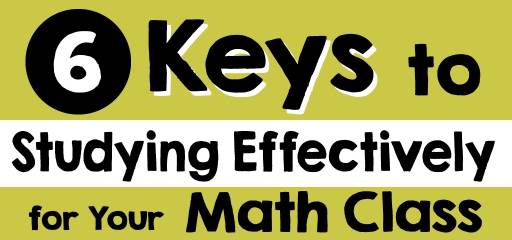
If you see math as your biggest enemy, there is a way to change that. What makes math so intimidating is that it is a unique subject that makes you use your logic, objectiveness, and it introduces a whole new math vocabulary you’ve never heard of.
Despite what some may say, you don’t have to be a math wiz to be good at math. But do you know what you do need to be? A diligent student who uses the right study tips.
Knowing how to approach math and tame those numbers that have been giving you a headache is the solution. The work you put into studying math at home can be your path towards getting those As and Bs.
To help you conquer math and study effectively for your math class, we have compiled a list of 6 keys. Let’s get started!
1. Get into the Routine of Studying and Doing Homework
While you may be a fast learner who prepares for a history exam in a few hours, math doesn’t work that way. Math is one of those subjects that you need to study regularly.
If you dismiss an important concept, you won’t be able to get anything related to it in the future. In math, notions build upon the previous material. That’s why it is crucial that you get into the habit of learning math.
Do your homework regularly because that will help you revise. Not only will this keep you updated with the latest lessons, but it will also get your brain to start thinking more logically.

2. Take Notes
Notes can be your guide and your savior. It often happens that a teacher gives a great example during class, but if you don’t write it down, you forget it.
Try to go one level higher than just copying off the board. Listen to the teacher and put on paper every relevant explanatory example or additional explanation.
The Absolute Best Book to Ace the College Algebra Course
The power of note-taking is that it makes you focus on the concepts you are writing down as well as making you listen to the teacher. What comes out of that is that you are learning and getting into a math mindset even during the lessons.
You can use those notes, later on, to transfer them to a different notebook or to make Subjects flashcards that will help you prepare for exams.

3. Ask for Help
You are the only one who knows exactly what troubles you in math lessons. That’s why you have to be your own advocate and reach out to people for help.
Emily Rowley, a math teacher and contributor writer at SupremeDissertations and ClassyEssay, encourages math students to consult with someone when they hit a dead end. “Don’t think that you are alone in this. There are people around you who would be more than happy to help you resolve your math questions,” said Emily.
Rather than beating yourself up for not being able to understand a math task, ask someone to help you. You can:
- Ask the teacher before, during, or after class to give you some further explanation
- Find practice programs (online or in your area)
- Email a math instructor for some guidance
- Join a study group
It’s never shameful to admit that you need help with math. Once you do it for the first time, you’ll realize that it’s not scary at all.

4. Focus on Math Vocabulary
Math has its own vocabulary. Without knowing it, you won’t be able to speak the math language. It’s like studying a second language but with formulas and abstract concepts.
Here are a few ways that will help you learn math vocabulary:
- Create a list of terms. Every time you learn a new math term, add it to your list. This dictionary- kind of list can help you further down the road when you forget a certain concept.
- Write down the names of formulas, theorems, and properties. This will help you to understand better when you should use them (for example, the difference between two squares: a²-b² = (a+b)(a-b)).
- Practice using the vocabulary in a context. Connect new notions with a certain assignment or task.
- Rephrase the definition. If you find the teacher’s definition to be too complex, put it in your own words.

5. Use Extra Material
What your teacher shares in class isn’t the only source of information. Luckily, the study material is available from different sources.
Starting from textbooks. Not every math class has a textbook but if you do have one, use it. Even if the teacher doesn’t ask you to learn from it, read what the textbook has to say, and you’ll get a fresh perspective on a lesson.
The Absolute Best Book for the Algebra I
You can even find side notes in textbooks that provide simple explanations of complex notions.
Another great source of study material is the internet. If you don’t have a tutor, you can try to find some extra practice tasks online. You can also browse for a different explanation of a definition you can’t quite understand. The internet is full of possibilities.

6. Dismiss Your Doubts
Lastly, you need to forget about all those “I can’t do this,” “I stink at math,” and “I’ll never figure this problem out,” types of thoughts. Thoughts like that are preventing you from reaching your full potential.
Math demands time and patience. Don’t feel stupid or incompetent if some of your classmates understand it all while you look at math like you’re trying to read the Chinese alphabet.
We all have our stronger skills and our weaker skills, the point is not to give up on those weaker skills.
For effective studying, you need more than just practical learning methods. You also need confidence and perseverance. Those traits will push you to give your best and practice that math task over and over again until you get it right.
What can help you boost that confidence is affirmations. Eliminate self-doubt and negative thoughts by writing down positive affirmations and repeating them before math study time. You can write something like this:
- Math may be a challenge, but I will train my brain to understand it.
- With every math lesson, my brain is getting better at thinking logically.
- Mistakes are a way of learning.

Final Thoughts
Now you are equipped to study those math lessons like a pro! These methods can help you take a fresh and effective approach to learning and practicing math. Once you get into it and study math regularly, you’ll notice that there is nothing to be afraid of.
Kristin Savage nourishes, sparks, and empowers using the magic of a word. Along with being a writer and editor, Kristin also works as a math tutor. Besides working as a freelance writer at TrustMyPaper and GrabMyEssay and helping students write the best essays, she also does some editing work at TopEssayWriting. In her free time, Kristin likes to travel and explore new countries around the world.
The Best Books for Ace College Algebra
Related to This Article
More math articles
- The Ultimate MCAS Algebra 1 Course (+FREE Worksheets)
- Long Division using 1 Number
- How to Create a Proportion? (+FREE Worksheet!)
- TSI Math-Test Day Tips
- How to Master Two-Column Proofs: A Step-by-Step Tutorial
- 10 Most Common CLEP College Math Questions
- Unlocking the Mystery of Inscribed Angles: A Complete Guide
- 6th Grade WY-TOPP Math Worksheets: FREE & Printable
- 6th Grade PSSA Math Worksheets: FREE & Printable
- 10 Most Common Pre-Algebra Math Questions
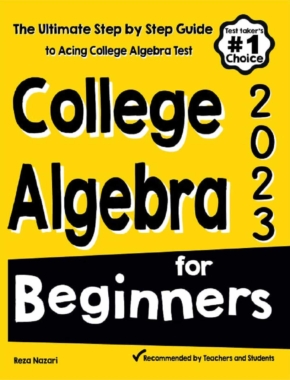
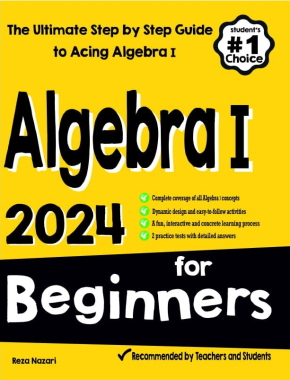
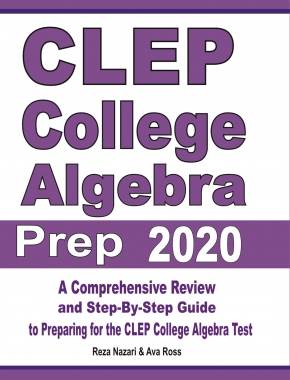
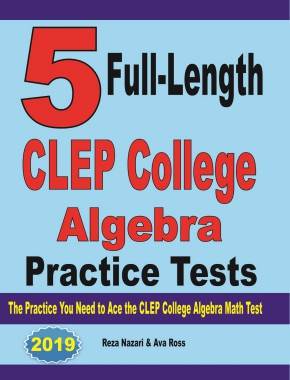
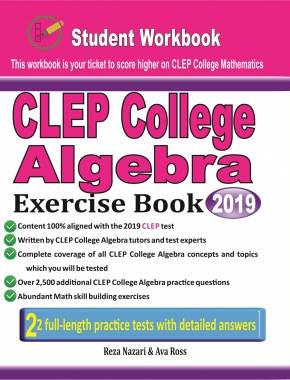
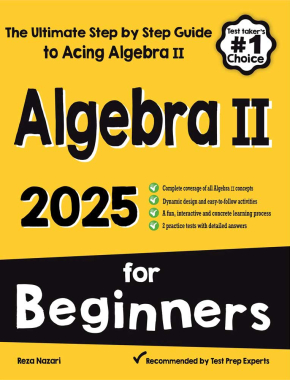

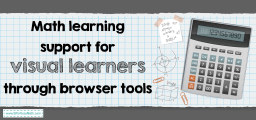
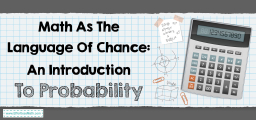
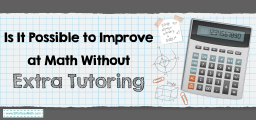
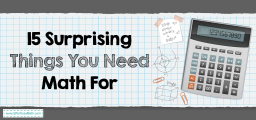
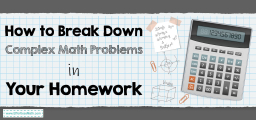
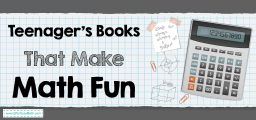
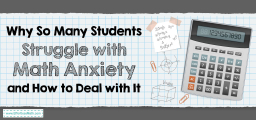
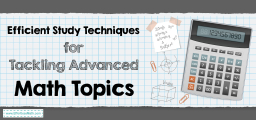
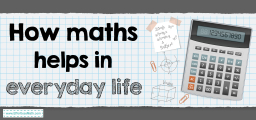
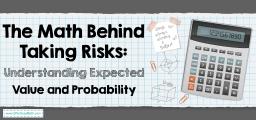
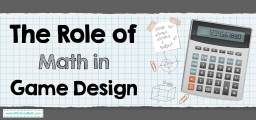
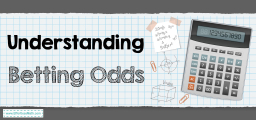
What people say about "6 Keys to Studying Effectively for Your Math Class - Effortless Math: We Help Students Learn to LOVE Mathematics"?
No one replied yet.